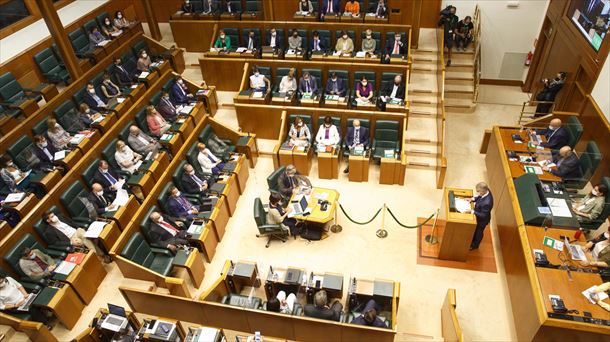What is the current and future security situation in our country? What dangers can be expected? And how are we prepared for this? The ‘Risk Assessment 2025’, published by the Ministry of Defense, was published on Monday – which also lists the three most serious threats.
Europe is in a state of war.
This year’s presentation of the “risk picture”, an annual situation assessment by the federal army, started on Monday with this dry analysis. But instead of enemy tank columns, ‘hybrid attacks’ have been rolling across the continent for some time now. In the form of cyber attacks on companies and infrastructure, in the form of disinformation campaigns, keyword ‘fake news’, but also in the form of refugee flows that are deliberately led by Russia via Belarus to the European borders.
The strongest wins again
“The law of the strongest is celebrating a renaissance,” says Brigadier General Roland Vartok, immediately naming the three biggest threats to peace in Austria and Europe:
- Russia
The planners of the federal army still do not rule out that the war of aggression from Russia will spread to the rest of Europe. The next three to five years are critical; this will show whether there will be a direct confrontation between NATO and Russia – for example in the Baltic states. - Cohesion in the EU
Disinformation campaigns are currently being used to weaken cohesion and the ability to work together within the EU. Russia has set up its own propaganda network, which has already influenced the democratic processes in Georgia and Moldova. - Cyber attacks
Blackout scenarios are entirely possible following attacks on domestic infrastructure and would have national significance. If they did, it would be a challenge not only for the armed forces, but also for every single Austrian.
Focus on air threats
Even though the probability is not very high, there is still a particularly high risk of attacks from the air due to the potential for damage, Vartok continued. Drones and cruise missiles have repeatedly – deliberately or accidentally – entered and landed on European territory in recent years. “Being surrounded by NATO countries offers no protection – none of the missiles and drones, such as those in Croatia in 2023, were intercepted by NATO air defense chains,” Vartok said.
“We are not an island of the blessed. We were never them either,” said Federal Minister Klaudia Tanner to the decision-makers from the military, industry and politics present. “We have only now become aware of both.”
Time for alliances?
Political scientist Peter Filzmaier notes that this awareness is not yet very strong among the population. “It would be good somehow if we had it” is the highest feeling when you ask Austrians about their attitude towards national defense. But if geopolitically the law of the strongest is now increasingly important, Filzmaier wonders: shouldn’t we, as a neutral small state, slowly ask ourselves whether defensive alliances might not have an advantage?
Source: Krone
I am Ida Scott, a journalist and content author with a passion for uncovering the truth. I have been writing professionally for Today Times Live since 2020 and specialize in political news. My career began when I was just 17; I had already developed a knack for research and an eye for detail which made me stand out from my peers.



